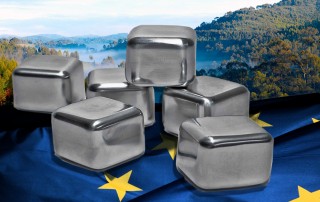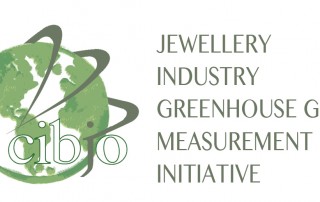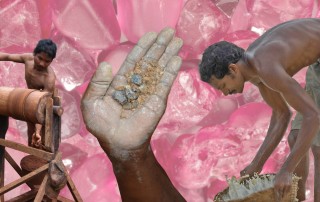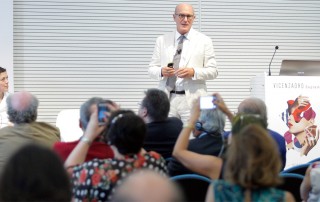CIBJO releases Precious Metals Commission Special Report, looks at nickel release testing and pending EU conflict minerals law

Stella Layton, President of CIBJO’s Precious Metals Commission and author of the Special Report.
SEPTEMBER 21, 2016
With five weeks to go to the opening of the 2016 CIBJO Congress in Yerevan, Armenia, on October 26, 2016, the fifth of the CIBJO commissions’ Special Reports has been released. Prepared by the CIBJO Precious Metals Commission, headed by Stella Layton, the report examines the subjects of nickel release testing and conflict minerals legislation in the European Union.
In the report, Ms. Layton reports on an amendment, after intensive lobbying by CIBJO, to the EU’s REACH regulations, which are intend to protect human health and the environment from the harmful effects by chemicals. Specifically, it concerns testing for the release of nickel in jewellery, after prolonged contact with the skin, and the final decision, published early this year by the EU authorities, to abolish a “no clear decision category,” which was considered unacceptable by the Word Jewellery Confederation.
The new harmonised standards “replace any inconsistent national standards that were in place within the EU, and finally deliver a satisfactory suite of tests to ensure compliance with the nickel release levels imposed throughout the EU,” wrote Ms. Layton.
Progress on a long-waited law in the European Union, to prevent minerals associated with conflict from entering the legitimate trade, is also reported upon. In June of this year, the EU announced that a “political understanding” had been reached on many of the proposed statute’s substantive components, and this opens the way for it finally to be drafted and submitted to the European Parliament and Council for adoption.
The European law will cover the trade in tin, tungsten, tantalum and gold, but unlike the Dodd Frank Act in the United States, it will monitor key junctures in the pipeline, specifically regulating smelters, refiners and direct importers. Also, in contrast to Dodd Frank, the new law is not expected to limit its focus to the Democratic Republic of Congo and surrounding areas, but will require due diligence to be applied when importing from any conflict-affected or high-risk areas.
To download a full copy of the report, PLEASE CLICK HERE.











